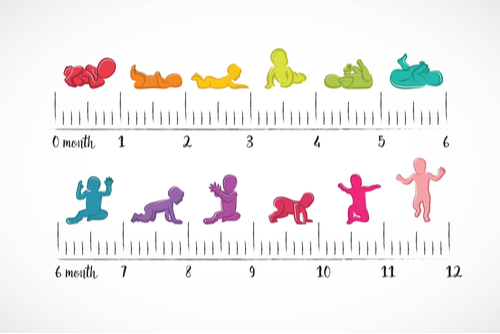
Blog

Simple Science Activities for Early Childhood Education
preschooler is a reluctant learner or naturally curious, there are many fun activities that can foster a love of science in them.
It is true that the advanced scientific concepts are beyond the understanding of a child. However, it is still possible to incorporate certain simple scientific experiments in their day to day life. This will not only spark their curiosity, but also help them understand some of the most preliminary scientific concepts. Some of these activities involve sensory play, and may help develop fine motor skills.
Mentioned below are some at-home science activities that teachers and parents can include in early childhood education of their children and students.
- Milk Painting: In this activity, a bowl is filled with milk and a few drops of food colouring are added to it. Now, dip a toothpick or cotton swab in dish soap. Encourage your child or student to swirl the toothpick or cotton swab around the milk with colour. The marbled effect created by this activity will surely surprise your preschooler.
- Invisible Ink: This is another unique science experiment that your preschooler would love. Squeeze some lemon juice into a bowl and add some water into it. Now using this solution as the paint, draw a picture on a piece of paper. The painting will become invisible once the paint dries. However, miraculously, it will reappear near a light bulb or in sunlight because lemon juice turns brown when it heats up.
- Oil and Water: This at-home science experiment demonstrates that oil and water don’t mix. Add food colouring into olive oil or vegetable oil and pour it into a glass of water. Because of its relatively lower density, the oil will remain at the top. The food colouring will fall down because it is denser than oil, and create fireworks.
- Volcanic Eruption: This science activity can be performed using baking soda and vinegar as ingredients. A chemical reaction takes place when these two are mixed in similar proportions, creating a fizzing effect resembling a volcanic eruption. You can also experiment using the ingredients in different amounts as well as adding water into the mixture.
- Cleaning Coins: Though chemical reactions are difficult for preschoolers to understand, the visual evidence displayed by this experiment can be extremely appealing to them. Firstly, get hold of some dirty coins and make a mixture of vinegar and a teaspoon of salt in a glass jar. Then, have the dirty coins dumped into the mixture by your child. After a few minutes, take the coins out of the mixture wash them off. The clean and shiny surface of the coins will surely surprise your preschooler.
- Making Music: To perform this experiment, gather a few glasses and pour varying amounts of water into them. Now, ask your child to tap each of these glasses with a spoon or fork. They will quickly understand that each glass crates a different type of tune. Deeper sounds will be created by fuller glasses and the emptier glasses will create higher pitches.
Please contact our expert educators at Valley Heights Preschool to find out more about your child’s developmental requirements.
